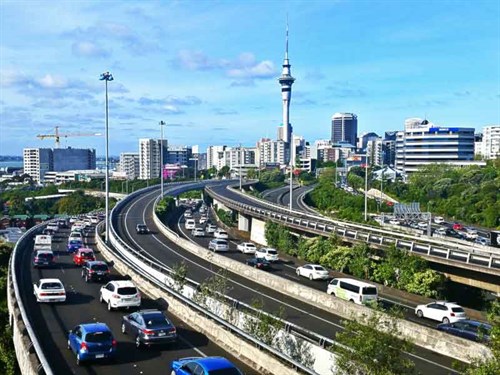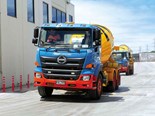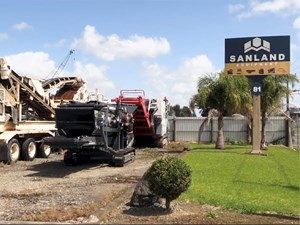Regional fuel tax to cost consumers
RTF talks about the proposal of a regional tax in Auckland and how it will impact commercial vehicle operators and consumers
It seems both the Government and Auckland Council are determined to follow through with their ill-conceived scheme to impose a regional fuel tax on Auckland. Transport Minister, Phil Twyford, and Phil Goff, the Mayor of Auckland, have stated that they want the tax in place by the middle of 2018.

The best case scenario is that the tax delivers $150 million per year of the annual $1.5 billion needed for Auckland’s transport infrastructure projects.
Quite frankly, I would have thought that that is a hell of a lot of political capital to spend on something that will barely deliver 10 percent of the revenue required.
The problem is that regional fuel taxes have been and will always be a nonsense. They are notoriously inefficient, taking up a lot of resource to put in place and administer and never really deliver the level of revenue that they promise to.
In New Zealand’s case, tax is imposed on fuel at Marsden Point, making it a single-point, one-off transaction recovered at the pump by fuel companies. That then goes into the National Land Transport Fund, along with Road User Charges applied to diesel vehicles and is then used to fund roading projects across the country including a 50% funding of local roads.
Consumers to pay the price
Mayor Goff has stated that he wants to see the tax applied to commercial vehicle operators particularly, and that the scheme should be structured in a way that penalises them a lot more than the average mum and dad commuter. This means that the tax will be imposed on diesel, perhaps disproportionately, and will without doubt open the door for a lucrative black market and the gaming of the system outside of the Auckland isthmus.
The reality – as everyone in our industry understands but that Mayor Goff choses not to – is that commercial operators will have no choice but to pass the extra costs of the tax directly on to their customers. Margins in the road transport industry are extremely tight so any additional costs will have to be reflected in freight rates.
What this actually means (and this is where I do not think the Government and Mayor Goff have quite thought it through), is that when they drive down to the supermarket to buy their Weetbix, Auckland consumers will effectively be paying the fuel tax twice. They will be paying it on the fuel that they use to drive to the shops and will also be paying it a second time on the products that they buy.
Because Auckland is New Zealand’s largest import port, the effect of Auckland’s regional fuel tax won’t just be limited to Auckland either. All goods transported from Auckland to other parts of the country will have the tax added to their freight costs. So even though the Government wants Auckland to contribute as much as possible to its own infrastructure issues, it is effectively setting up a funding mechanism that will spread much of the cost around the rest of New Zealand.
Conjestion charging
It’s no secret that the road transport industry is much more enthusiastic about the possibilities related to congestion charging than a fuel tax. However, we have so far confined that to being solely about demand management and not revenue raising. Despite this, it has been shown in other parts of the world that congestion charging can have a direct impact on traffic demand as well as being a far more direct and fairer means of raising revenue.
It is disappointing therefore that the Government and Auckland Council have not given serious consideration to a congestion charging system rather than pushing ahead with what will be an unpopular and unworkable tax. Our industry, despite its reservations, would see far more logic to that than what we see in a regional fuel tax.
Keep up to date in the industry by signing up to Deals on Wheels' free newsletter or liking us on Facebook.







.jpg)








